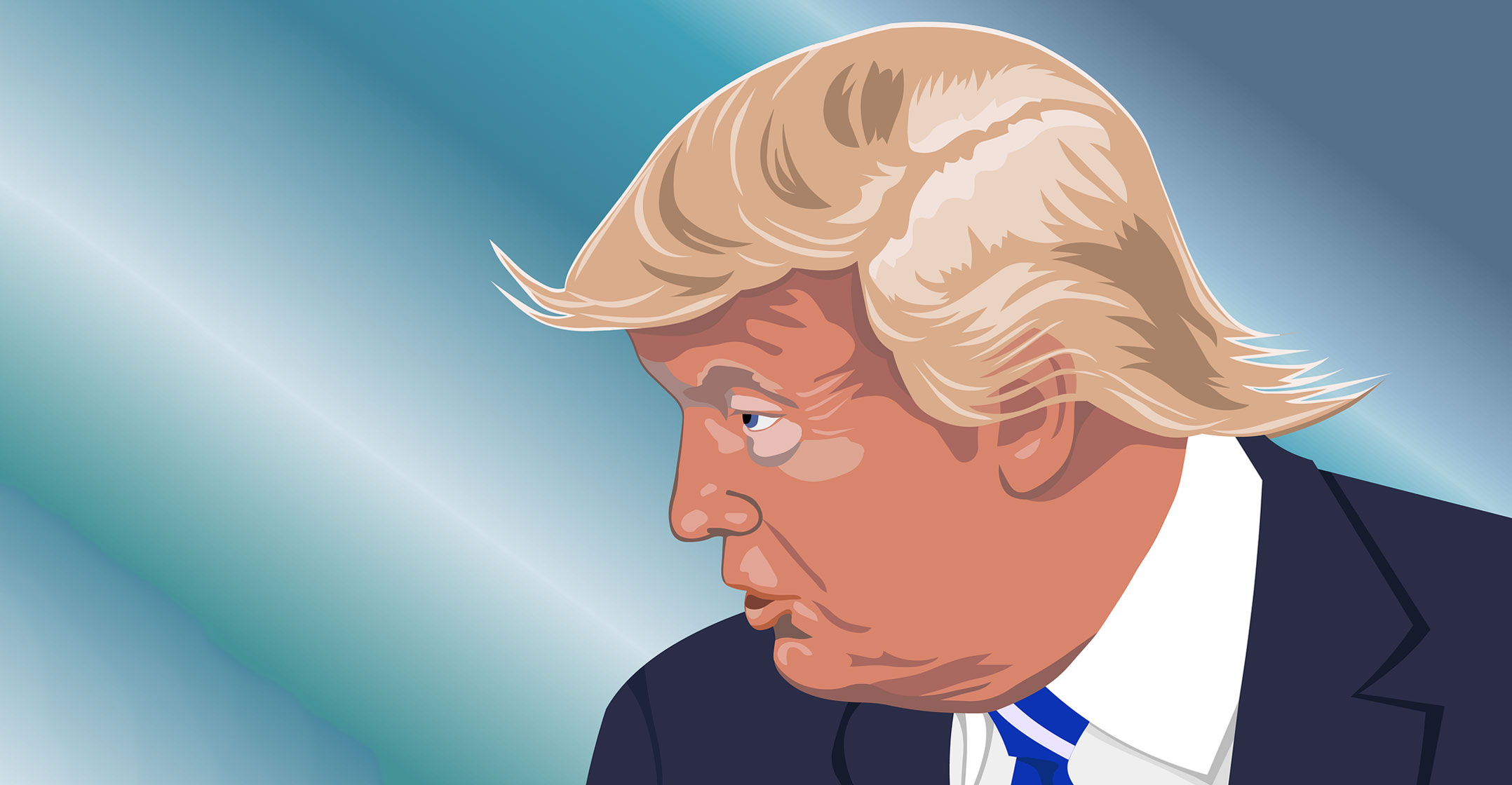
In its struggle with China over trade and national security, the US has many legitimate grievances, and a variety of weapons for seeking redress. That doesn’t mean it should use all of them.
The nuclear missile the US just launched at Huawei Technologies is a case in point. Last week, the US commerce department placed Huawei and nearly 70 of its affiliates on an “Entity List”, which means that US suppliers may now need a licence to do business with them. Both Huawei’s mobile phones and its network equipment rely on American components, including advanced semiconductors. If the ban is applied stringently, it could drive one of China’s most high-profile companies — employing more than 180 000 people — out of business.
That would be a serious mistake. The US has long argued that Huawei poses a national security threat. And there certainly are legitimate reasons to worry that incorporating Huawei gear into America’s networks will leave them vulnerable both to spying and, in the event of a conflict, sabotage. But the US is already taking other prudent steps to prevent Huawei equipment from being used domestically. Seeking to put the company out of business as well is both disproportionate and deeply unwise.
For one thing, it will impose collateral damage. Blameless companies around the world — including Huawei’s American suppliers — could lose business, face disruptions and incur significant new costs. Allies that have resisted US pressure to shun Huawei’s equipment will resent being backed into a corner: even if President Donald Trump loosens the noose a bit, they can hardly take the chance that restrictions won’t be re-imposed later. China will only redouble its efforts to produce advanced technologies domestically.
As a negotiating strategy, the decision makes even less sense. US officials claim it had nothing to do with stalled trade talks, but it certainly looks like Trump wants to use Huawei as leverage, just as he did last year with ZTE. Trump has already invoked national security far too often in pursuing his scattered trade battles. Doing so here would set another terrible precedent while almost certainly backfiring: it will aggravate the current impasse and give Beijing little incentive to abide by any eventual agreement.
Likely to fail
Worse, the decision undermines the implicit point of any US-China trade deal: not just to increase commerce but to stabilise relations between the world’s two most powerful nations. While tensions are inevitable, a healthy trading relationship should in theory restore ballast, reminding both sides of the benefits of cooperation and strengthening constituencies that have reason to prefer peace to war. By contrast, targeting Huawei so nakedly will only further marginalise the few moderates in the Chinese leadership and embolden hawks who see conflict as unavoidable. For ordinary Chinese, it will be hard to avoid the impression that the US is simply trying to limit their economic possibilities.
Even on its own terms, finally, this gambit is likely to fail. To be effective, an assault on Huawei would need to be embedded in a larger strategy with a clearer endgame in mind. That’s nowhere in evidence. Is the aim to cripple China’s tech industry? Teach the country its place? Give a boost to non-Chinese suppliers? Provoke a conflict? End one? Without a more focused goal, Trump risks simply alienating US allies, infuriating average Chinese and raising the chances of confrontation, all to no obvious end.
What the US needs is a larger plan that seeks a healthier coexistence with China. That means building up America’s defences, leveraging its competitive strengths, working with allies to pressure China to conform to global norms and taking the lead in writing new rules that can constrain its more disruptive behaviour. Crushing Huawei, by contrast, simply looks like a strategic miscalculation — and one with potentially disastrous consequences. — (c) 2019 Bloomberg LP

